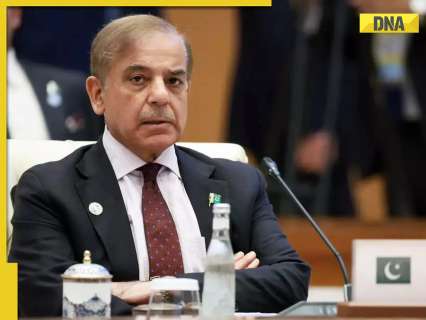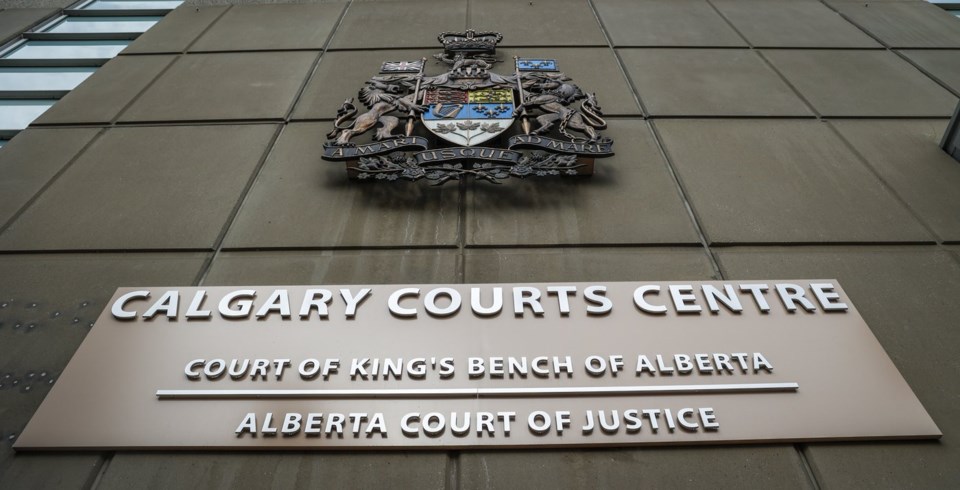Pakistani health authorities have started emergency preparations to secure medicine supplies after the country suspended trade with India, Geo News reported on Saturday. Islamabad stopped all trade with New Delhi on Thursday after India decided to suspend the Indus Water Treaty following the deadly Pahalgam attack. The attack, which killed 26 people, was claimed by The Resistance Front (TRF), a proxy group of the banned Lashkar-e-Taiba.
In response, Pakistan's Drug Regulatory Authority (DRAP) confirmed that while there has been no official order about pharmaceutical imports, they are putting contingency plans into action. A senior DRAP official said, according to a PTI report, “Following the 2019 crisis, we had already started preparing. We are now actively looking for new sources.

” Pakistan currently depends on India for 30% to 40% of its pharmaceutical raw materials, including important items like Active Pharmaceutical Ingredients (APIs) and advanced therapies. With this supply line affected, DRAP is now seeking alternatives from China, Russia, and Europe to avoid shortages. Key medical supplies like anti-rabies vaccines, anti-snake venom, cancer therapies, and other critical medicines are at risk.
Industry experts have warned that without quick action, Pakistan could face serious shortages of life-saving drugs. According to PTI report, a senior official from the Ministry of National Health Services said that Pakistan imports many finished medicines, especially for cancer, and vaccines like anti-rabies serum, from India. However, the Ministry of Health has not yet received clear instructions about pharmaceutical imports.
Adding to the concerns, the report highlighted the presence of a black market where illegal and unapproved medicines enter Pakistan from neighboring countries, raising fears about the quality and safety of such drugs. Meanwhile, leaders from the Pakistan Pharmaceutical Manufacturers Association (PPMA) visited Islamabad on Thursday. They requested officials to exempt the pharmaceutical sector from the trade ban, arguing that many life-saving products rely on Indian raw materials.
They also appealed to the Special Investment Facilitation Council (SIFC) for support..
Health

Bad news for bankrupt Pakistan, this move by Modi govt leaves Islamabad worried as it takes 'emergency' steps for...

Islamabad stopped all trade with New Delhi on Thursday after India decided to suspend the Indus Water Treaty following the deadly Pahalgam attack.















